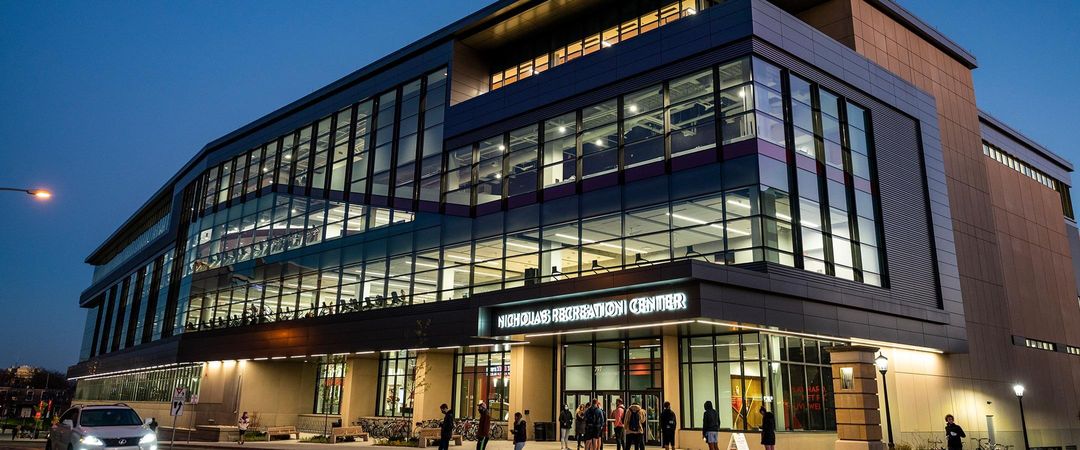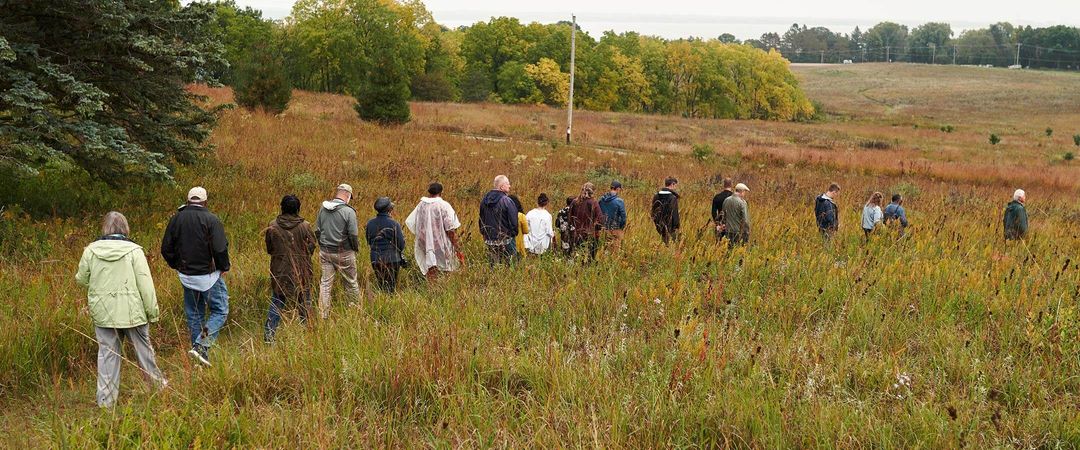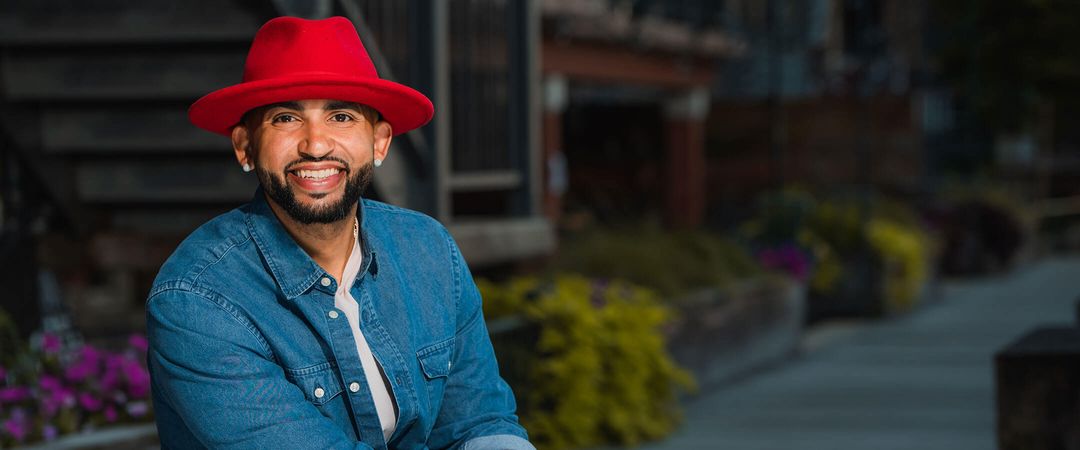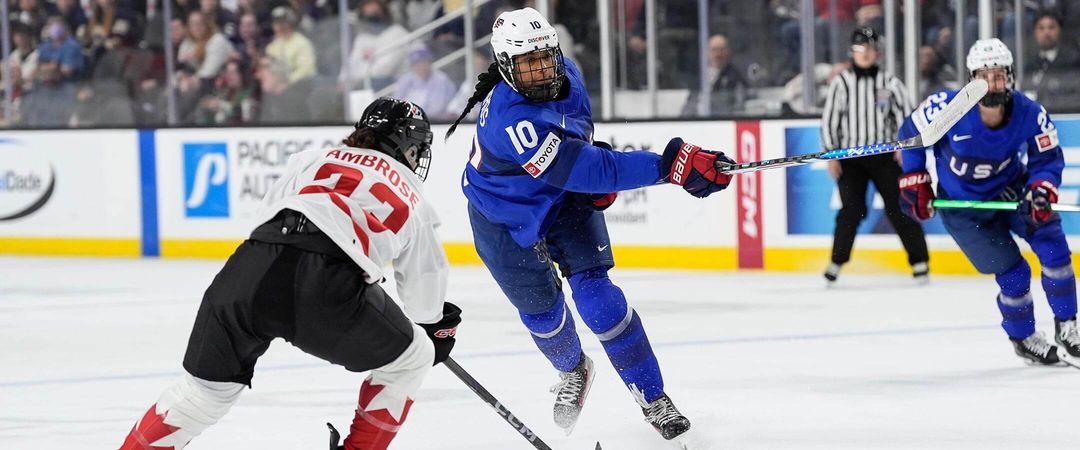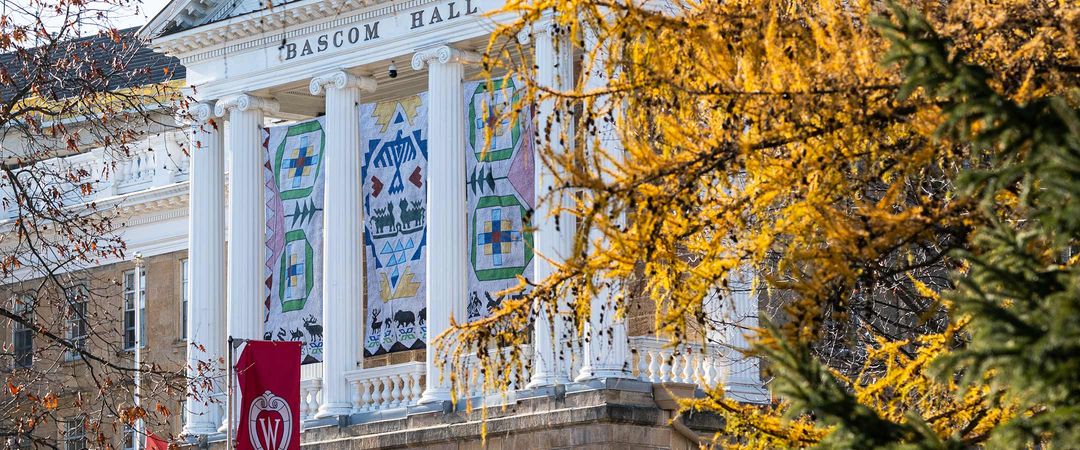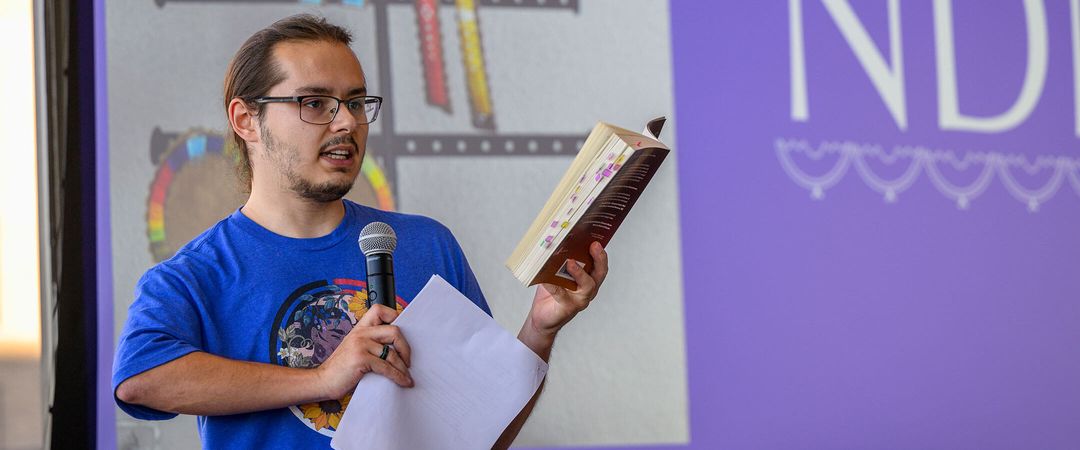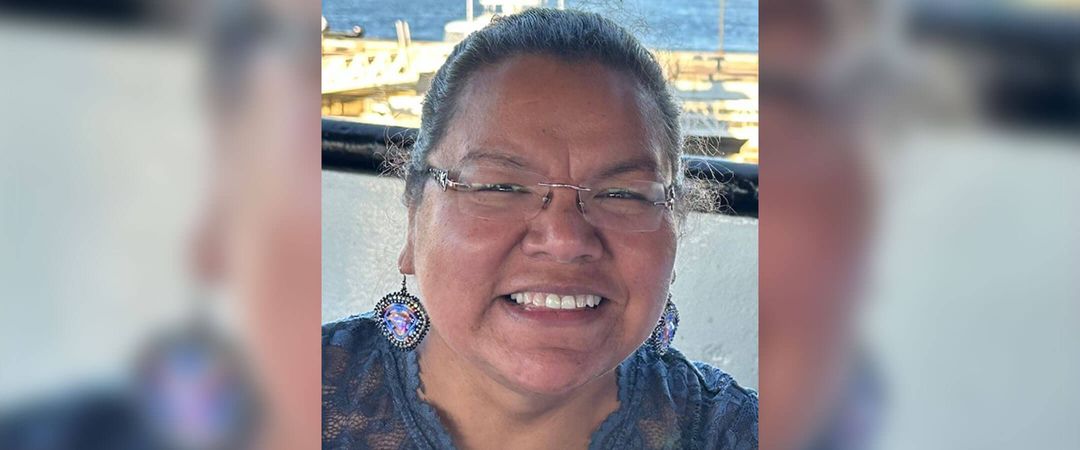When you hear that Adriana Alejandro Osorio graduated from the School of Medicine and Public Health with a PhD in biomolecular chemistry, you might assume that her role at the U.S. Fund for United Nations Children’s Fund (UNICEF) involves developing vaccines for kids or deciding global health policies. Instead, she uses her background in science to catalyze human action. As a philanthropy adviser for UNICEF USA, she facilitates global humanitarian work by making connections, inspiring donors, and forming lasting relationships among partners, to help vulnerable children. From the COVID-19 pandemic to climate change, Alejandro Osorio’s work encourages collaboration between government and private actors to reach innovative solutions for issues that threaten the rights and health of children.
You have a PhD in biomolecular chemistry. How did you become a philanthropy adviser and human rights advocate?
Like many scientists, I’ve always been interested in how things work ... just the philosophical questions on how atoms work in either inanimate objects or really, really complex organisms like the human body and how things are ever-changing and always interacting. I think the most important advice that I got at the UW was the advice that I got from my thesis adviser, Dr. Paul Bertics PhD’84, who reminded me that a PhD is a doctorate in philosophy. It’s a degree to increase your quest for knowledge. The problems are always around us, and those problems require us to think analytically. …. I started at the Bill and Melinda Gates Foundation, working on their grand challenges for global health, and that required science and technology expertise in order to make targeted investments in drugs, vaccines, and diagnostics. It was here that I found the power of philanthropy and how it could assess that expansion of the belief that every life has equal value.
Can you talk more about your work with UNICEF USA?
UNICEF is the largest humanitarian organization working on behalf of every child. There’s a plethora of programs from health care and education, emergency response, vaccination, nutrition, social protection, mental health, and so many others. One of the things, again as a scientist, that I enjoy is that we use data and evidence to drive results in order to drive change for children and young people every day across the globe. I help people essentially build relationships with donors and cause mutually satisfying transactions that are creating a positive, memorable impression about UNICEF with various publics.
What are some of the factors that concern you the most in your work?
COVID-19 has affected us in so many different ways. The indicators show that children have been the most affected during the pandemic. We really need to make sure to strategize, to develop effective programs to protect children during this whole entire pandemic. And long term is climate change. Conditions from the climate are worsening every single day. … I would argue that climate change is the greatest threat facing the world’s children and young people right now. We’re working with governments and civil societies and other stakeholders to ensure that we treat it like the crisis that it is, because our children right now are going to inherit the planet, and we need to make sure that it’s livable.
How has COVID-19 impacted global human rights work?
I’ve been working remotely for 10 to 11 years, so it hasn’t been that much of a difference for me. However, the organization is so incredibly nimble. And we have to be. Despite COVID-19 interrupting the world, we still supported the work that UNICEF did to respond to 300 emergencies. For example, our long-standing history with vaccinations: we vaccinate approximately half the world’s children. We were made for a moment like this. It didn’t matter if we weren’t in the office; we still leveraged and pivoted to make sure that there was a supply and distribution of COVID-19 vaccines through our COVAX facility. We’re on track to reach close to two billion vaccines at the end of the year.
What can people do to understand human rights crises and learn more about how they can help?
The first thing that they should do is visit UNICEFUSA.org. There’s so much information there, repositories of our stories that really help you become [a better humanitarian], a person that really is engaged and recognizes the power of human rights and children’s rights. There are ways that people could sign up to be UNICEF volunteers and advocate for children’s rights within their own communities. There are also resources for children; they can start getting the understanding of what their role is as a humanitarian and as a philanthropist at a very early age. And then finally, of course, I wouldn’t be a fundraiser if I didn’t say [make] a donation to UNICEF USA so we could continue staying fearlessly firm [on] issues that affect children around the world.
This story originally appeared in the October 2021 issue of Badger Vibes. Learn more about this monthly email newsletter from WAA, and sign up for the mailing list.

